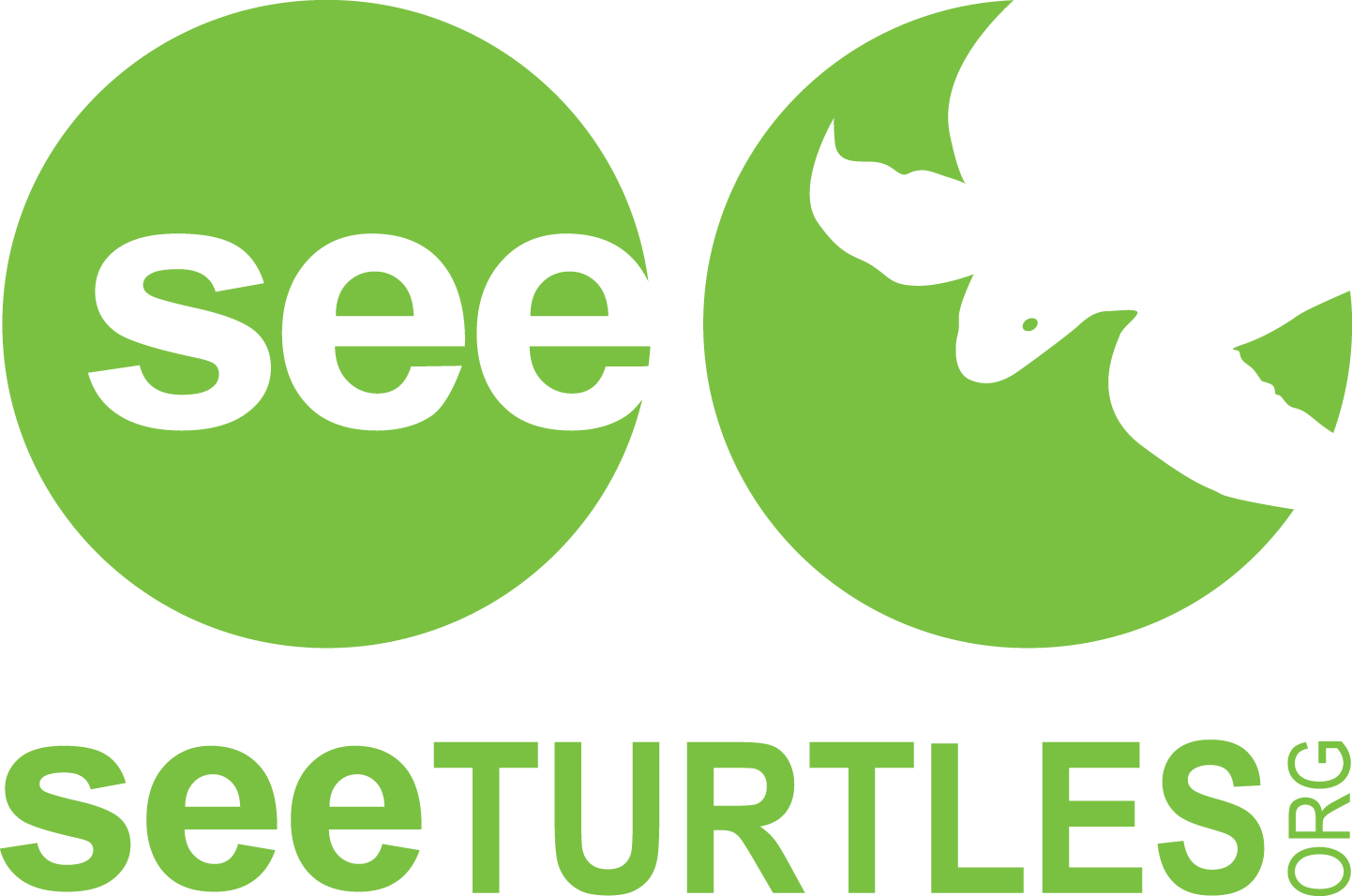Billion Baby Turtles August Update
Last month, our Billion Baby Turtles program provided 4 grants totaling US $15,000 to partners in four countries. These grants will help save an estimated 6,800 hatchlings of leatherbacks, hawksbills, and green turtles. This brings out total for 2022 to 43 grants totaling $238,000, protecting an estimated 2.3 million baby turtles!
Chelonia, Playa Grande, Puerto Rico
Chelonia oversees monitoring the nesting seasons of the leatherback turtles in Playa Grande El Paraíso during the past ten years. The Chelonia team is made up of volunteers under the guidance of the staff of the Department of Natural and Environmental Resources (DNER). This Organization train people to carry out an action plan that benefits the conservation and scientific community. They protect around 370 nests and more than 22,000 hatchlings of leatherbacks every year. Billion Baby Turtles supported this new partner with US$ 3,000 for this season, helping to save an estimated 3,700 hatchlings.
Ashanti Conservation Initiative, Ghana (New Partner)
This is a new project born in 2021 due to the covid-19 outbreak that disrupted the conservation sector in Ghana, especially with income losses and reduced survey and monitoring activities. This project seeks to increase the awareness and empower of local communities and support the rehabilitation of key marine turtles nesting sites in the Western region of Ghana. The project ensures full participation of local communities and the information gathered will provide valuable insight into the relative abundance per species, and an indication of threats encountered by sea turtles visiting nesting sites. With US $3,000, Billion Baby Turtles support this to protect olive ridleys, green, and leatherback nesting turtles, saving an estimated 1,000 hatchlings, out of about 15,000 hatchlings in total.
Fauna & Flora International. Estero Padre Ramos & Aserradores, Nicaragua
The Pacific Coast of Nicaragua hosts globally important nesting beaches for critically endangered hawksbill turtles. They are threatened by illegal harvesting and trade of eggs and shells, fishing practices, and the degradation of coastal habitats. FFI and its partners in Nicaragua have over 20 years of experience in halting illegal collection, building local capacity to monitor and protect nests, and generating local and national awareness to protect turtles and counter leading threats. So far, they have protected 2,582 nests, released 230,038 hatchlings, and reduced poaching rates to less than 5%. SEE Turtles funds supported this organization with US$ 5,000 to enhance community engagements, effective patrols, and protection of nests, helping to save an estimated 1,100 hatchlings.
Photo: Nick Bubb, FFI
Conflict Islands Conservation Initiative, Conflict Island Atoll, Papua New Guinea
CICI’s ‘Safe Habitats’ program employ indigenous conservation rangers, training them on marine turtle populations, importance, and conservation techniques. The rangers presence along the Conflict Islands help to make aware local communities and decrease the number of illegal collectors from surrounding islands. Furthermore, to increase hawksbill hatchling success, they also collect ‘high risk’ eggs that are either below the high tide line or on a beach accessed by illegal collectors and relocate them in their hatchery on the main island of Panasesa. This project started in 2016 with just 4 local rangers but now they have 14, and this year they are seeking to employ an additional 4 women to the team. This project protects green and hawksbill turtles, every year they help around 28,000 hatchlings to get to the ocean. Billion Baby Turtles supported this project with US$ 3,000, helping to save an estimated 1,000 hatchlings.


